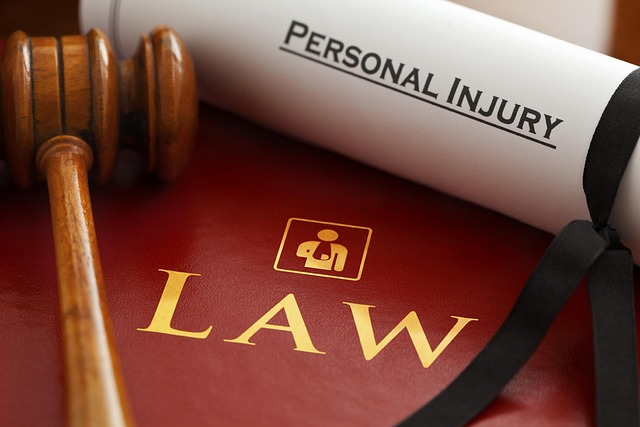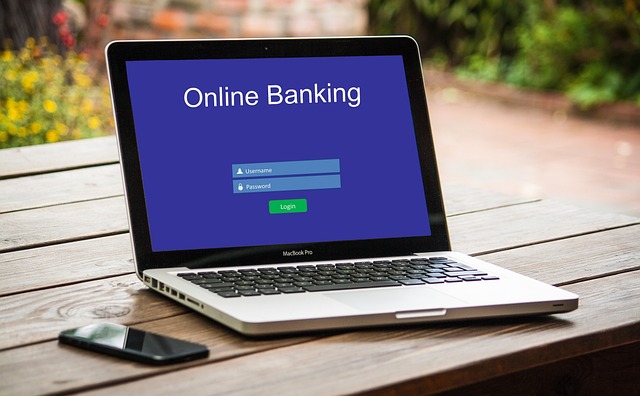Your 2025 Guide to Legal Help: How Pro Bono Lawyers Empower Justice
Navigating the legal system can be overwhelming—especially when cost stands in the way of crucial representation. This guide explores how pro bono lawyers are stepping up in 2025 to offer free legal support on issues like immigration, divorce, and criminal defense, helping ensure that access to justice is not limited by financial barriers.

How to Find Pro Bono Lawyers in Your Local Area
Finding qualified pro bono lawyers in your area requires knowing where to look and how to qualify for these services. Most states maintain organized pro bono programs through their bar associations, which connect eligible individuals with volunteer attorneys. The American Bar Association’s Pro Bono Directory serves as a national resource, allowing you to search by location and legal issue type.
Local legal aid societies represent another valuable resource for accessing free legal representation. These organizations typically focus on serving low-income individuals and families, offering services ranging from housing disputes to employment law. Many law schools also operate legal clinics where supervised students provide assistance under attorney supervision, creating additional access points for affordable legal help.
Community organizations, religious institutions, and nonprofit agencies frequently partner with volunteer attorneys to host legal clinics. These events provide brief consultations and can help determine whether you need ongoing representation or simply guidance on specific legal questions.
Where to Find a Volunteer Attorney for Family Law Matters
Family law issues often create urgent situations requiring immediate legal guidance, making pro bono services particularly valuable in this practice area. Specialized family law clinics operate in most major metropolitan areas, focusing specifically on divorce, child custody, domestic violence, and adoption matters.
The National Domestic Violence Hotline maintains connections with legal advocates who can help survivors access pro bono representation for protective orders and custody arrangements. Similarly, many family courts now host self-help centers staffed by volunteer attorneys who provide guidance on filing procedures and document preparation.
Children’s advocacy organizations frequently maintain networks of volunteer attorneys specializing in custody and child welfare cases. These lawyers often possess specialized training in handling sensitive family dynamics and understand the unique challenges facing families in crisis situations.
Women’s legal centers and father’s rights organizations also coordinate pro bono services for their respective constituencies, addressing gender-specific concerns that arise during family law proceedings.
Accessing Affordable Legal Assistance for Low Income Individuals
Low-income individuals have multiple pathways to affordable legal assistance beyond traditional pro bono services. Legal aid organizations operate under federal funding guidelines that determine eligibility based on income thresholds, typically serving households earning less than 125% of the federal poverty line.
Limited scope representation, also called “unbundled services,” allows attorneys to provide specific assistance rather than full representation. This approach significantly reduces costs while ensuring professional guidance for critical legal tasks such as document review or court appearance preparation.
Payment plan arrangements with private attorneys can make legal services more accessible for those who earn slightly above legal aid thresholds but still face financial constraints. Many attorneys now offer flexible payment structures or reduced rates for qualifying clients.
Online legal service platforms have emerged as cost-effective alternatives for routine legal matters, offering document preparation and consultation services at substantially lower rates than traditional hourly billing.
| Service Type | Provider Examples | Estimated Cost Range | Key Features |
|---|---|---|---|
| Legal Aid Society | Local Legal Aid Organizations | Free (income qualified) | Full representation, court advocacy |
| Pro Bono Programs | State Bar Associations | Free (case-by-case) | Volunteer attorney matching |
| Limited Scope Services | Private Attorneys | $200-$800 per service | Specific task assistance |
| Online Legal Platforms | LegalZoom, Rocket Lawyer | $50-$400 per document | Document preparation, basic consultation |
| Law School Clinics | University Programs | Free to low-cost | Student attorneys with supervision |
Prices, rates, or cost estimates mentioned in this article are based on the latest available information but may change over time. Independent research is advised before making financial decisions.
Understanding Legal Expenses Insurance as an Alternative
Legal expenses insurance represents a proactive approach to managing legal costs before issues arise. This insurance coverage helps pay attorney fees, court costs, and related expenses for covered legal matters. Unlike traditional pro bono services, legal expenses insurance provides access to a network of qualified attorneys without income restrictions.
Coverage typically includes employment disputes, contract issues, property matters, and sometimes family law situations. Premium costs vary based on coverage limits and included services, but generally range from $15 to $50 monthly for individual policies.
Many employers now offer legal expenses insurance as a voluntary benefit, allowing employees to purchase coverage at group rates. This option often provides better value than individual policies while offering the same scope of legal protection.
The insurance approach works particularly well for preventive legal services such as document review, contract negotiation, and legal consultations that help avoid larger problems down the road.
Maximizing Your Access to Justice Resources
Successfully accessing legal help requires understanding how different resources complement each other. Many individuals benefit from combining multiple approaches, such as using legal aid for court representation while utilizing online platforms for document preparation.
Preparation significantly improves your chances of securing pro bono representation. Organize relevant documents, write a clear summary of your legal issue, and research the specific requirements of programs you’re considering. Many pro bono programs have lengthy waiting lists and must prioritize cases based on urgency and available resources.
Building relationships with legal advocates and staying informed about new programs in your area can open additional opportunities for assistance. Social service agencies, libraries, and community centers often maintain information about newly available legal resources.
Pro bono lawyers and affordable legal assistance programs continue evolving to meet growing community needs. By understanding your options and knowing how to access these resources effectively, you can navigate legal challenges with confidence while ensuring that financial limitations don’t prevent you from seeking justice. The combination of traditional pro bono services, modern legal technology, and insurance options creates multiple pathways to legal representation in 2025.



